Mark Pope Admits His Postgame Locker Room Comment “Was Not My Best Moment
In the world of college basketball, where every game is magnified and every public statement can echo far beyond the locker room walls, Kentucky head coach Mark Pope found himself at the center of an unexpected storm this week. In the aftermath of his team’s emotional conference matchup, Pope acknowledged that a comment he made in the postgame locker room “was not my best moment,” sparking discussion among fans, analysts, and former players about leadership, communication, and the ever-present pressure surrounding one of the nation’s most scrutinized programs.
The comment itself made in the heat of frustration after a narrow loss was not intended for public consumption. But with cameras, microphones, and social media amplifying even private expressions, the line quickly made its way to the public. What followed was a mix of criticism, confusion, and calls for accountability that prompted the second-year Kentucky coach to address the matter directly.
A Moment of Emotion After a Difficult Loss
According to team sources, Pope’s locker room message came moments after the Wildcats surrendered a late lead, falling victim to defensive lapses that the coaching staff had emphasized throughout the week. Pope, visibly frustrated, delivered an impassioned speech to his players about discipline, decision-making, and the need for maturity during high-pressure moments.
Within that speech, Pope used a phrase that some players and eventually, the public interpreted as dismissive and overly harsh. While the exact wording was not released in full, it was characterized as a pointed critique of the team’s mental toughness and preparation. In a program with the expectations of Kentucky, such criticisms are not unusual, but the delivery this time struck a nerve.
When asked about the backlash, Pope was candid:
“I let my emotions get the better of me,” he said. “It was not my best moment, and it’s something I’ve already discussed with my guys. Accountability applies to everyone, including me.”
Why the Comment Struck a Chord
Kentucky’s basketball culture is built on excellence, passion, and relentless competitiveness. But it is also built on relationships especially between coaches and players. College athletes today navigate unprecedented public pressure, mental health challenges, and constant digital scrutiny. In that environment, tone matters as much as tactics.
Several former players, when asked about the situation, noted that while tough coaching is part of the game, it must be balanced with emotional intelligence. One former Wildcat said anonymously, “Coach Pope is a good man and a strong leader. Everybody slips sometimes. The important thing is how you respond when people are watching and when they aren’t.”
Indeed, the response from Pope was almost immediate. Before reporters could even inquire further, he brought up the subject in his next media availability, making clear he wanted to address it openly rather than defensively.
A Coach Known for Passionate Leadership
Since taking over at Kentucky, Pope has earned a reputation as a players-first coach with a modern approach to the game. His tactical creativity, energy on the sideline, and commitment to developing strong team chemistry have all been praised. But they’ve also come with a fiery competitive side one that’s easy to admire when the team is winning, but harder to overlook in moments of frustration.
Pope himself acknowledged this dynamic.
“I’m human,” he said. “I get passionate. I get fired up. But I owe it to my players to be at my best, even in tough moments. That’s the example I want to set.”
His honesty resonated with much of the fanbase. Within hours, social media was flooded with responses from Kentucky fans applauding his transparency and willingness to accept responsibility. Many drew comparisons to legendary coaches who openly discussed their own mistakes, noting that such humility often strengthens trust rather than weakens it.
Inside the Team Response
Behind closed doors, the Wildcats reportedly handled the situation with maturity. Veteran players, recognizing the emotional intensity of the game, understood the context of Pope’s remarks. Several team members approached him after the speech to discuss how they felt, and Pope reciprocated by clarifying his intention and reaffirming his confidence in them.
One player described the discussion as “real, honest, and needed,” adding that the team had moved on within hours.
“We know Coach believes in us. He just wants us to be great. Sometimes that passion comes out strong, but that’s part of sports.”
That sentiment suggests the comment while controversial outside the program was far less disruptive internally. In many ways, it served as a catalyst for deeper communication and renewed focus.
The Bigger Picture: Pressure, Expectations, and Human Moments
The episode highlights the intense environment surrounding Kentucky basketball. Every game is analyzed. Every decision is questioned. Every word intentional or not can become a headline.
Fans want excellence. Media wants soundbites. Players want support. And coaches are expected to balance all of it while navigating the emotional roller coaster of a long season.
Pope’s admission reflects a growing recognition across college sports: that leadership is not just about strategy or discipline, but about self-awareness and accountability. Coaches today are not only tacticians but also mentors, counselors, and public figures. Their words carry weight, and their willingness to acknowledge mistakes sets the tone for the entire program.
Moving Forward: A Chance for Growth
In the days since the incident, the Wildcats have returned to practice with renewed energy. Pope has shifted the narrative back to basketball, focusing on defensive adjustments, late-game execution, and building resilience traits he believes will define the team moving forward.
When asked whether the controversy would affect his coaching style, Pope responded confidently:
“I’ll always be passionate. That won’t change. But I’ll also keep learning. The best leaders evolve. The best teams evolve with them.”
Kentucky fans, known for their intensity and loyalty, appear ready to support that evolution. Most understand that strong leadership is not about being perfect, but about owning imperfections and striving to improve.
A Moment That Might Strengthen the Program
In the end, Mark Pope’s admission may do more good than harm. His willingness to publicly acknowledge a misstep reinforces the culture of honesty and accountability he has tried to establish since arriving at Kentucky. Players often respond positively when their coach shows vulnerability, and fans tend to rally around leaders who demonstrate authenticity rather than defensiveness.
While the locker room line may have sparked headlines, the way Pope handled the aftermath speaks louder. It sends a message not only to his team, but to the entire college basketball world: leadership is measured not by the absence of mistakes, but by the integrity shown when those mistakes occur.
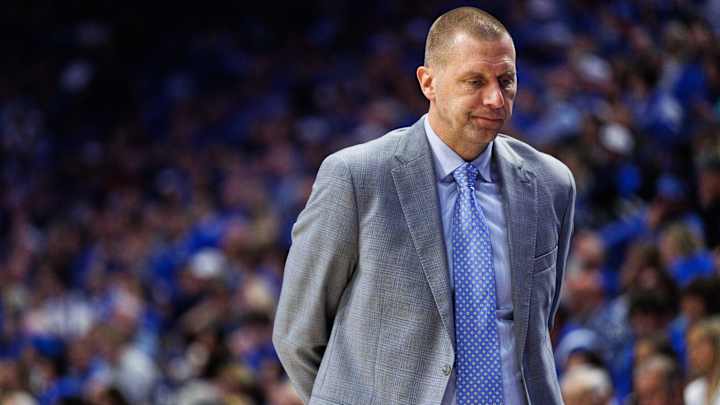

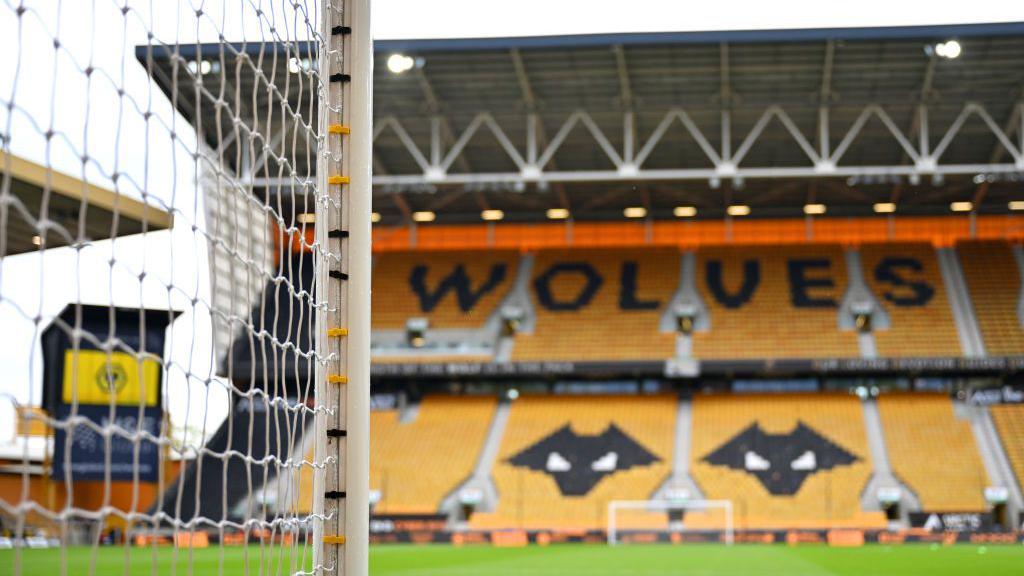
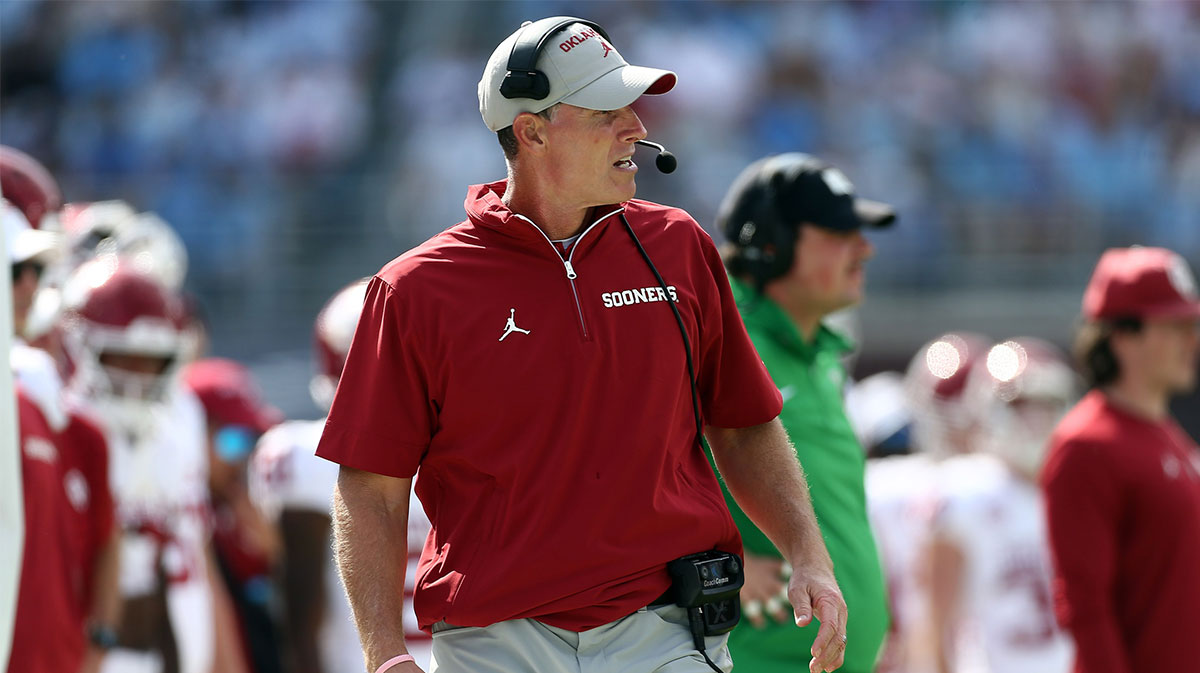
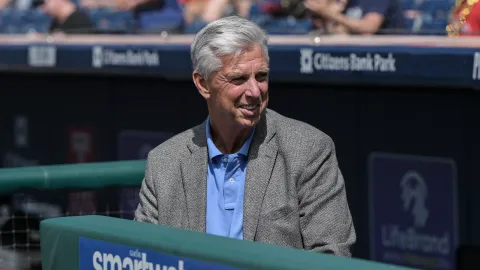
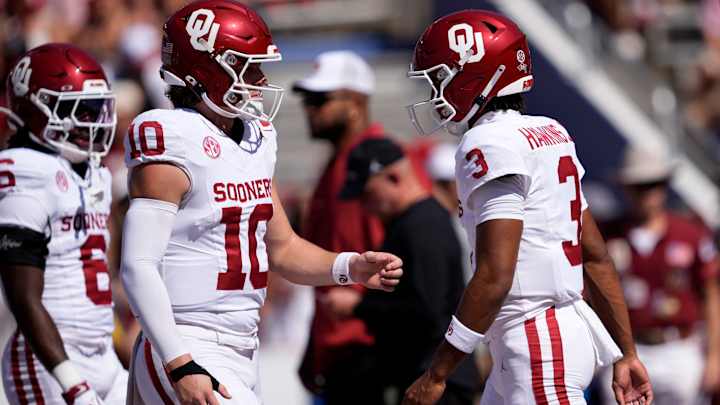


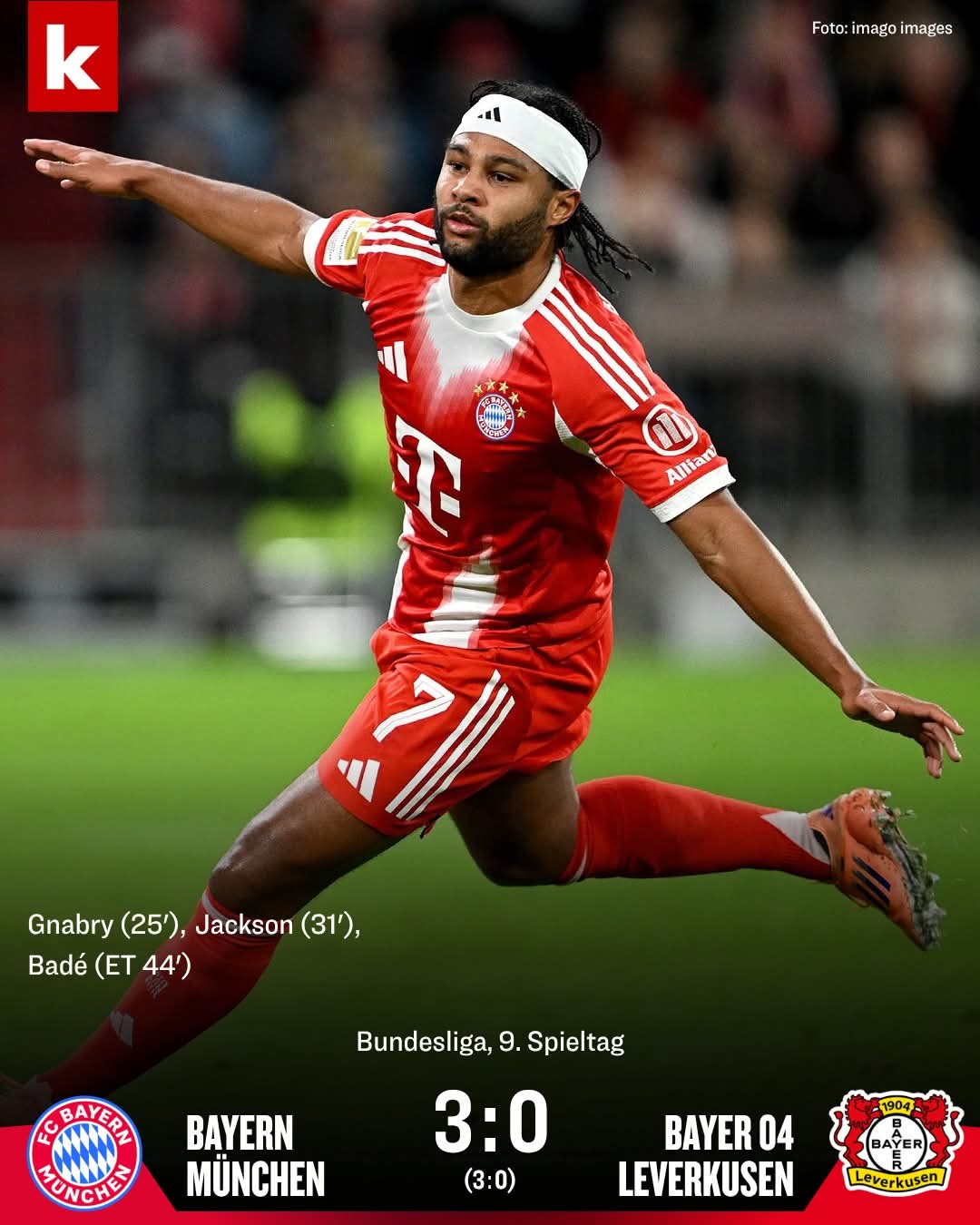
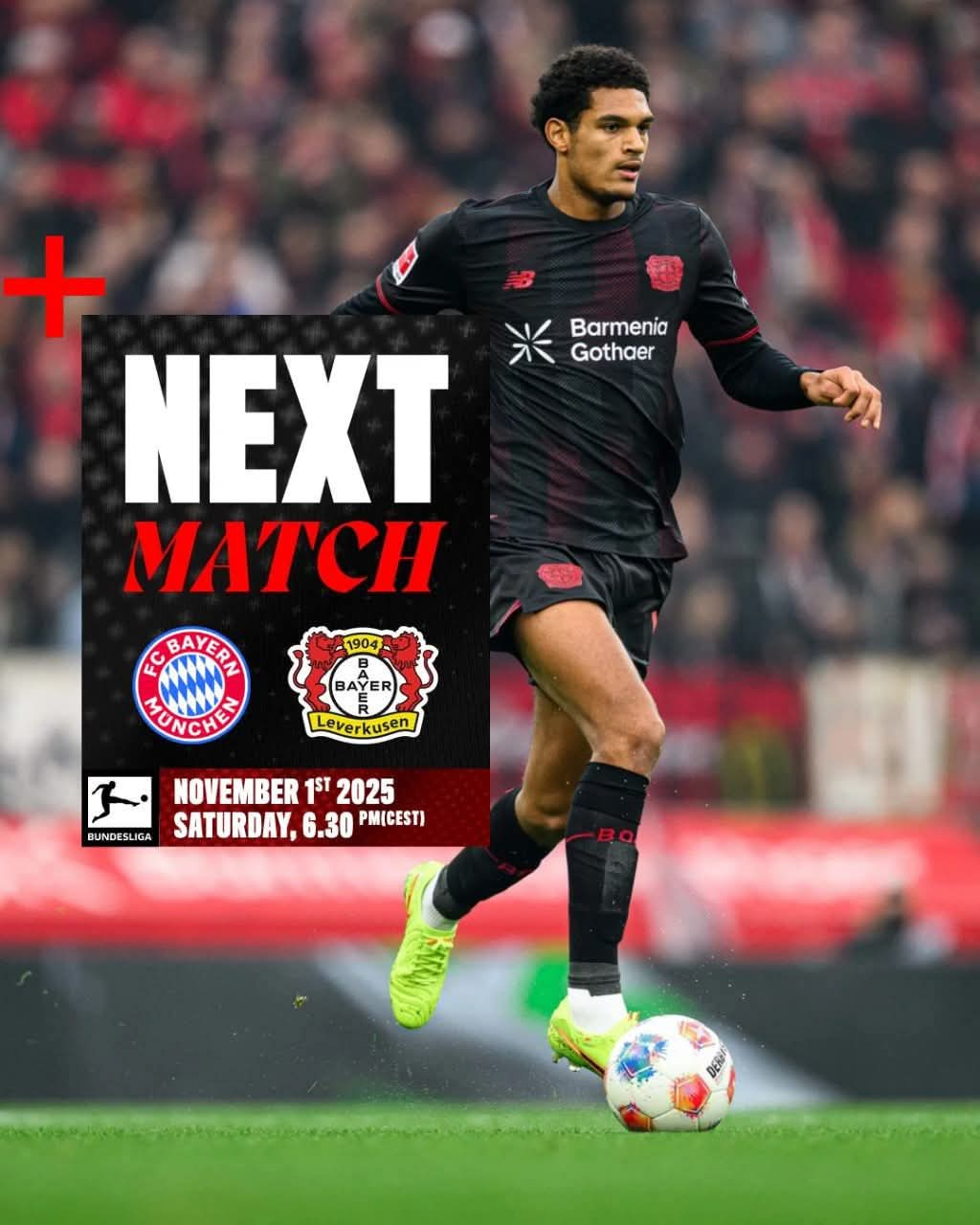
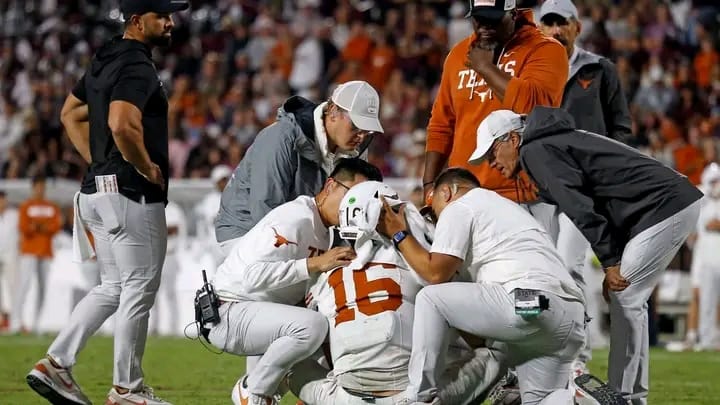


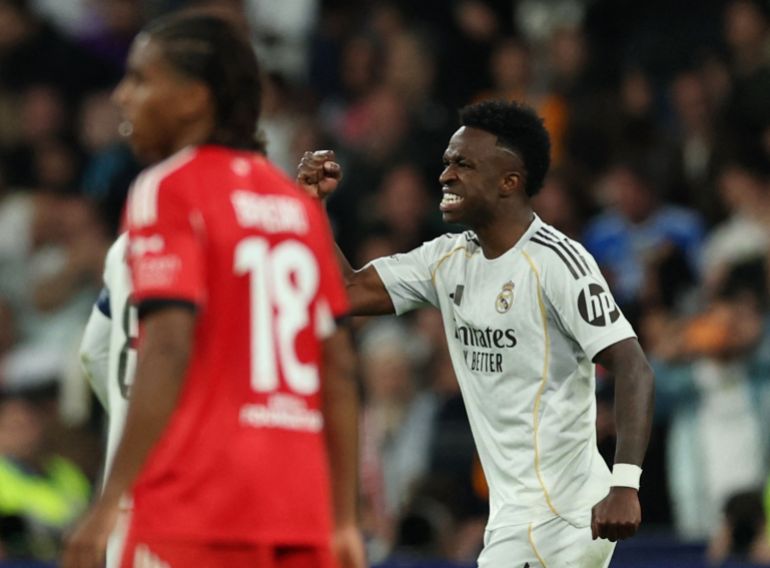
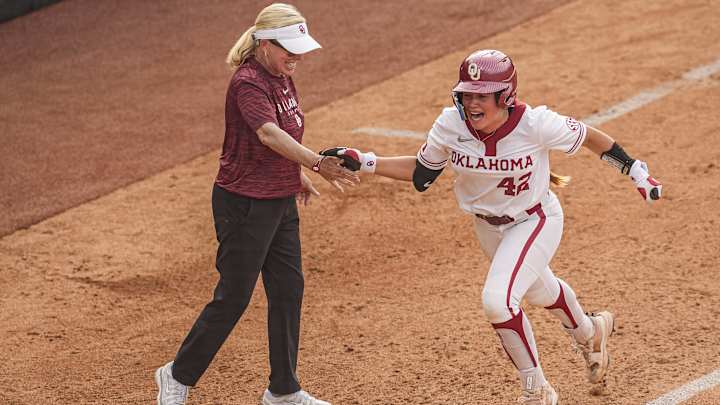
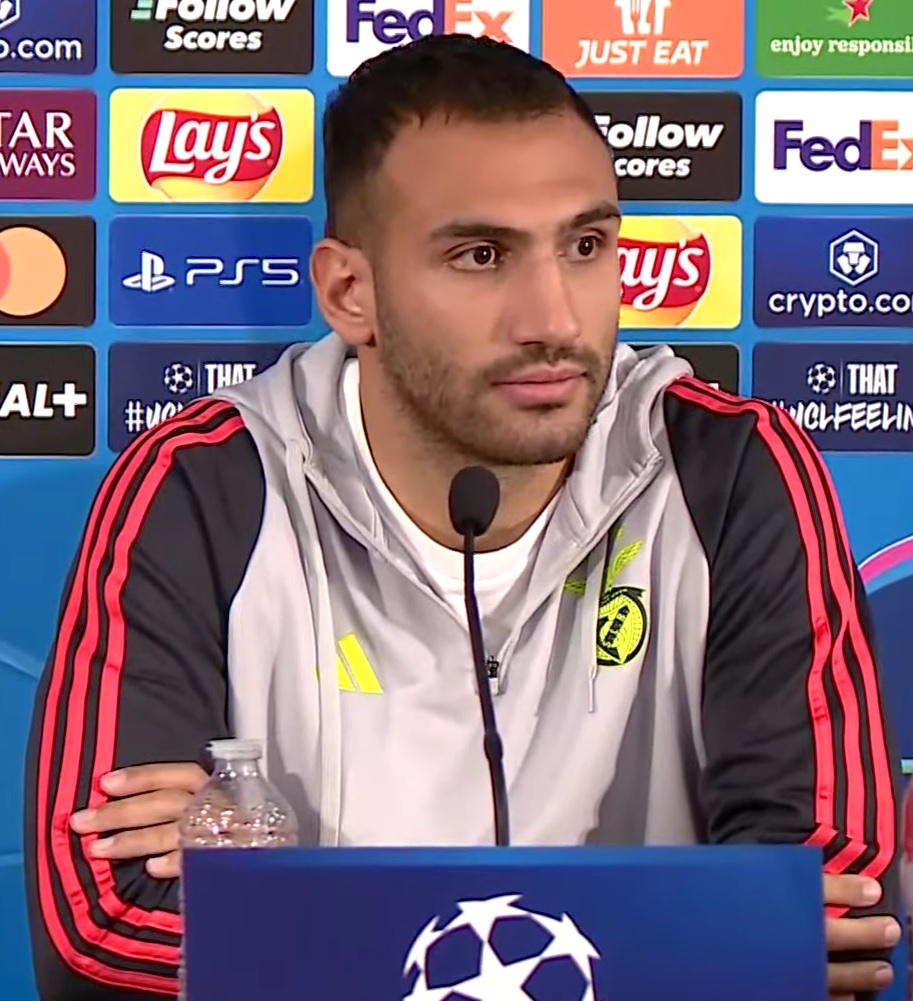
Leave a Reply